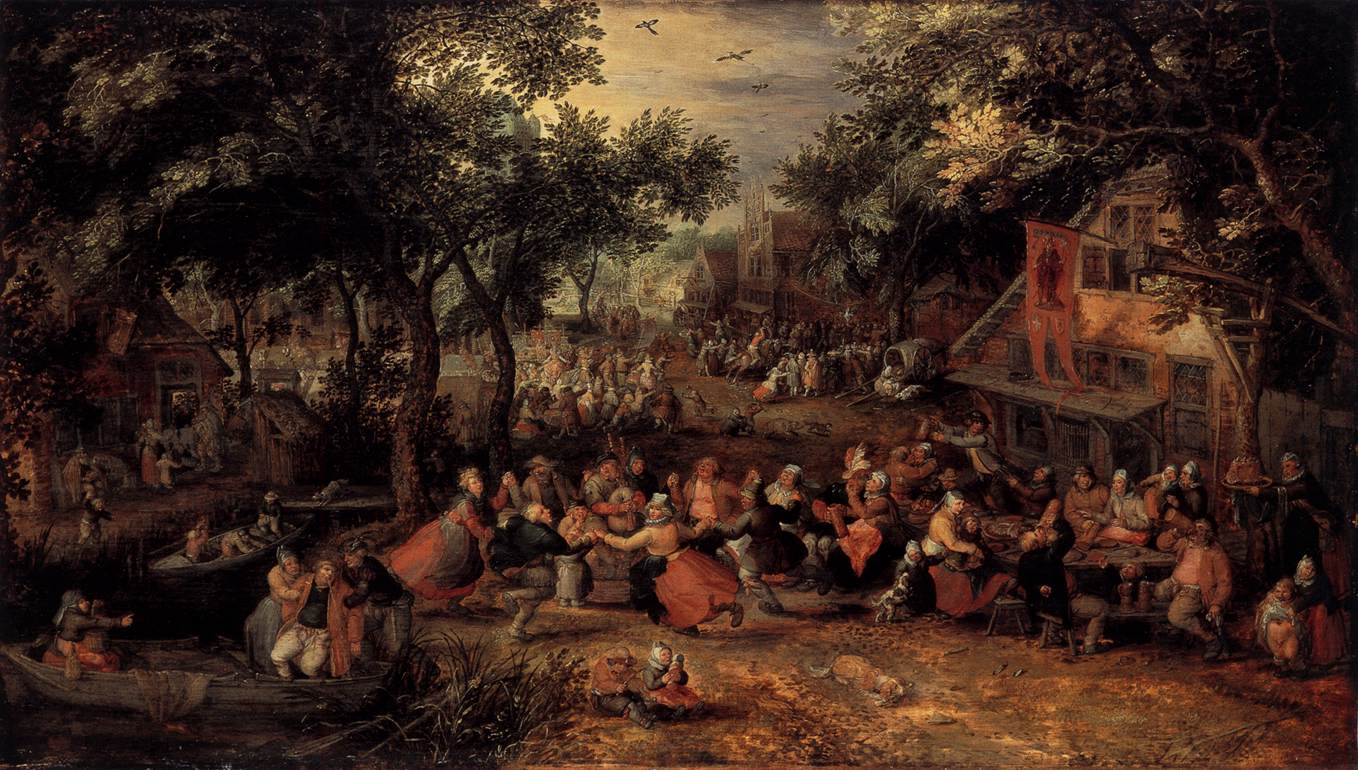Description
The painting "Kermis" by artist David Vinckboons is a fascinating work that captures the essence of popular festivities and celebrations in the 17th century Netherlands. With an original size of 52 x 92 cm, this masterpiece stands out for its artistic style, composition, color and the history it represents.
Regarding the artistic style, Vinckboons was known for his ability to depict scenes of everyday life with great detail and realism. In "Kermis", we can appreciate his mastery of the oil technique, with precise and meticulous brushstrokes that bring each character and object in the painting to life. The artist uses vibrant and contrasting colors to highlight the joy and bustle of the fair, creating an atmosphere full of energy and movement.
The composition of the painting is another notable aspect. Vinckboons uses a diagonal perspective that guides our gaze through the scene, from the foreground to the background. The composition is carefully balanced, with groups of people and activities harmoniously distributed throughout the work. This creates a sense of balance and visual harmony, despite the multitude of elements present.
When it comes to colour, Vinckboons uses a rich and varied palette. Warm tones dominate the painting, with an abundance of reds, yellows, and oranges evoking the warmth of summer and the fun of the fair. The bright colors are contrasted with the darker, somber tones of the buildings and trees in the background, thus creating a sense of depth and perspective.
The story behind the painting is also fascinating. "Kermis" stands for a kermesse, a popular festival held in the Netherlands at the time. These festivities were an opportunity for people to have fun, come together and celebrate, with activities such as games, dances, food and drink stalls, and street performances. Vinckboons' painting captures the liveliness and diversity of these celebrations, showing people of different walks of life and ages enjoying the fair.
In addition to these well-known aspects, there are lesser-known details in "Kermis" that deserve to be highlighted. For example, Vinckboons includes small secondary scenes in the painting, such as a loving couple embracing in a corner or a group of children playing in the background. These details add an additional layer of narrative and invite us to explore the painting for more hidden stories.
In summary, the painting "Kermis" by David Vinckboons is a masterpiece that stands out for its artistic style, composition, color and the history it represents. With its attention to detail, its vibrant palette, and its depiction of everyday life at popular festivities, this painting transports us to a world full of joy and fun.

